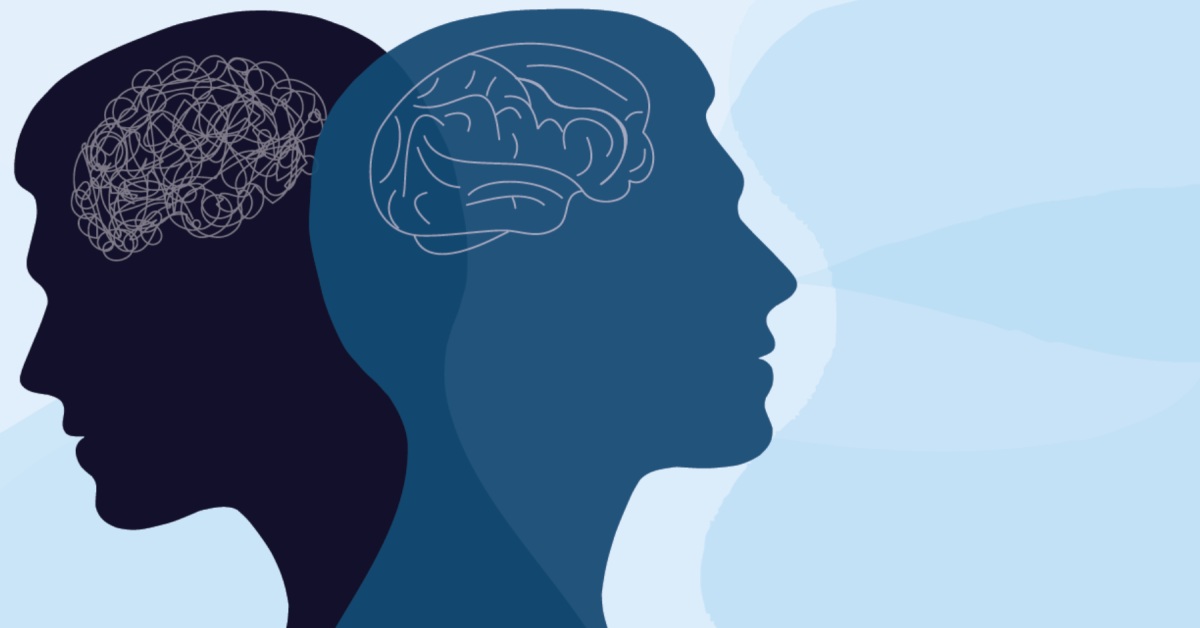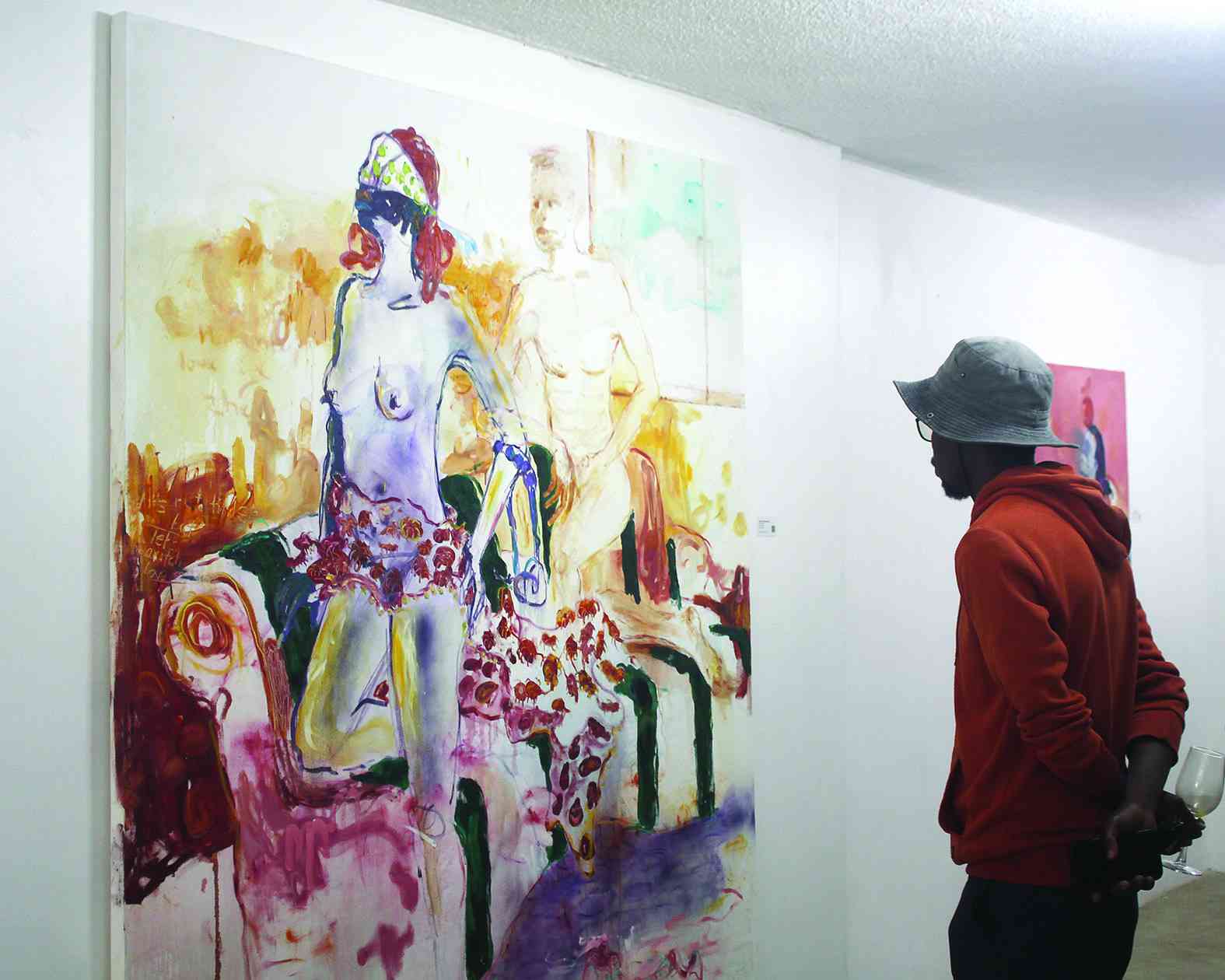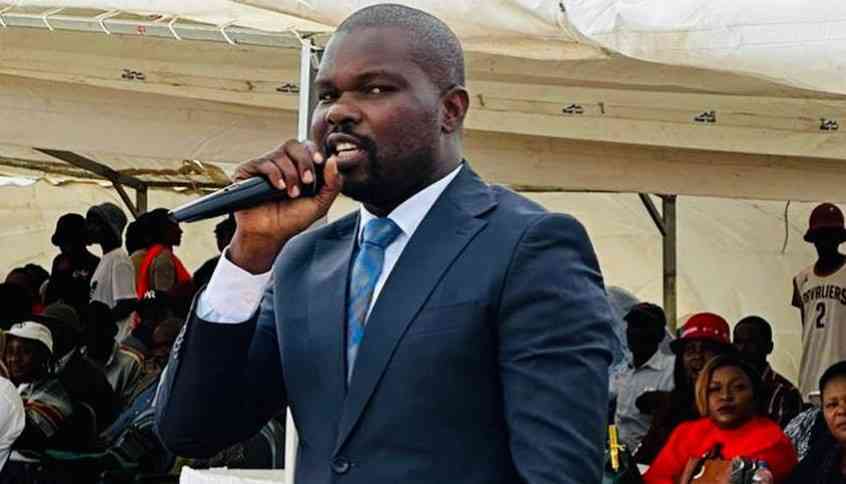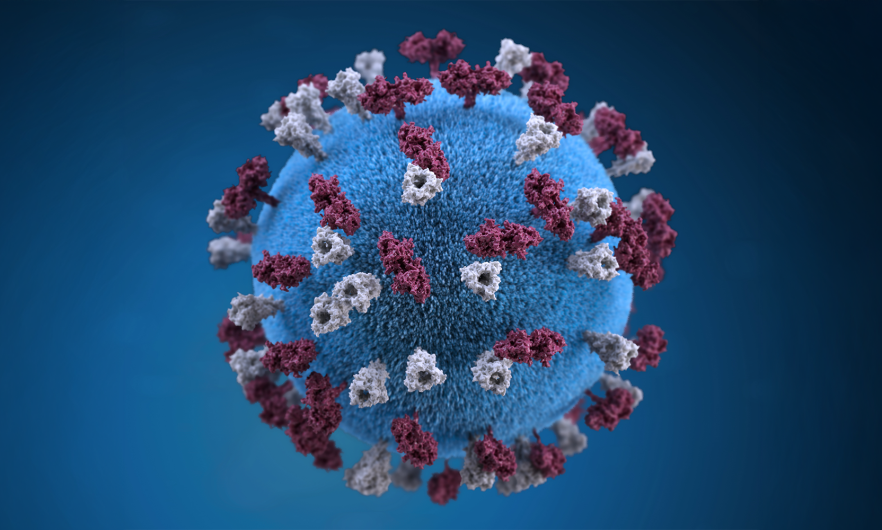
GOVERNMENT and stakeholders have been urged to do more to cater for the mental health needs of adolescents living with HIV.
Hospice and Palliative Care Association of Zimbabwe (HOSPAZ) technical director Shupikai Chisero said addressing mental health issues was key in the fight against HIV.
Chisero said mental health has a bearing on how the young react to HIV issues including treatment and general conduct.
“Most of our adolescents living with HIV, our children, can potentially be exposed to a lot of mental health issues and mental health by its nature also affects treatment,” he said.
“We have put a lot of emphasis on mental health issues, because we are saying if we have a mentally healthy child and family treatment outcomes are likely to be good.”
Chisero said mental health was a risk factor which, when ignored, led to a reversal of gains made in ending HIV and Aids by the country.
“If we have an unhealthy child mentally, an unhealthy family, an unhealthy caregiver, there is also a chance that they will not take their medication,” he said.
“They will just stop taking their medication until it is compromised. They may not even prioritise testing.”
- Another ETF lists on ZSE
- Teachers, other civil servants face off
- Econet to use Buddie Beatz app to grow local music
- Edutainment mix: The artist in the child policy formulation context
Keep Reading
He said HOSPAZ was integrating mental health in its programming.
“We try to ensure that we also sort of create platforms to support their mental health,” he said.
“One of our priorities is mental health screening. That is where we identify a child who potentially requires support. We screen for mental health at every interval as we provide services.”
HOSPAZ’s primary target group is children living with disabilities, living with HIV and other chronic diseases.











